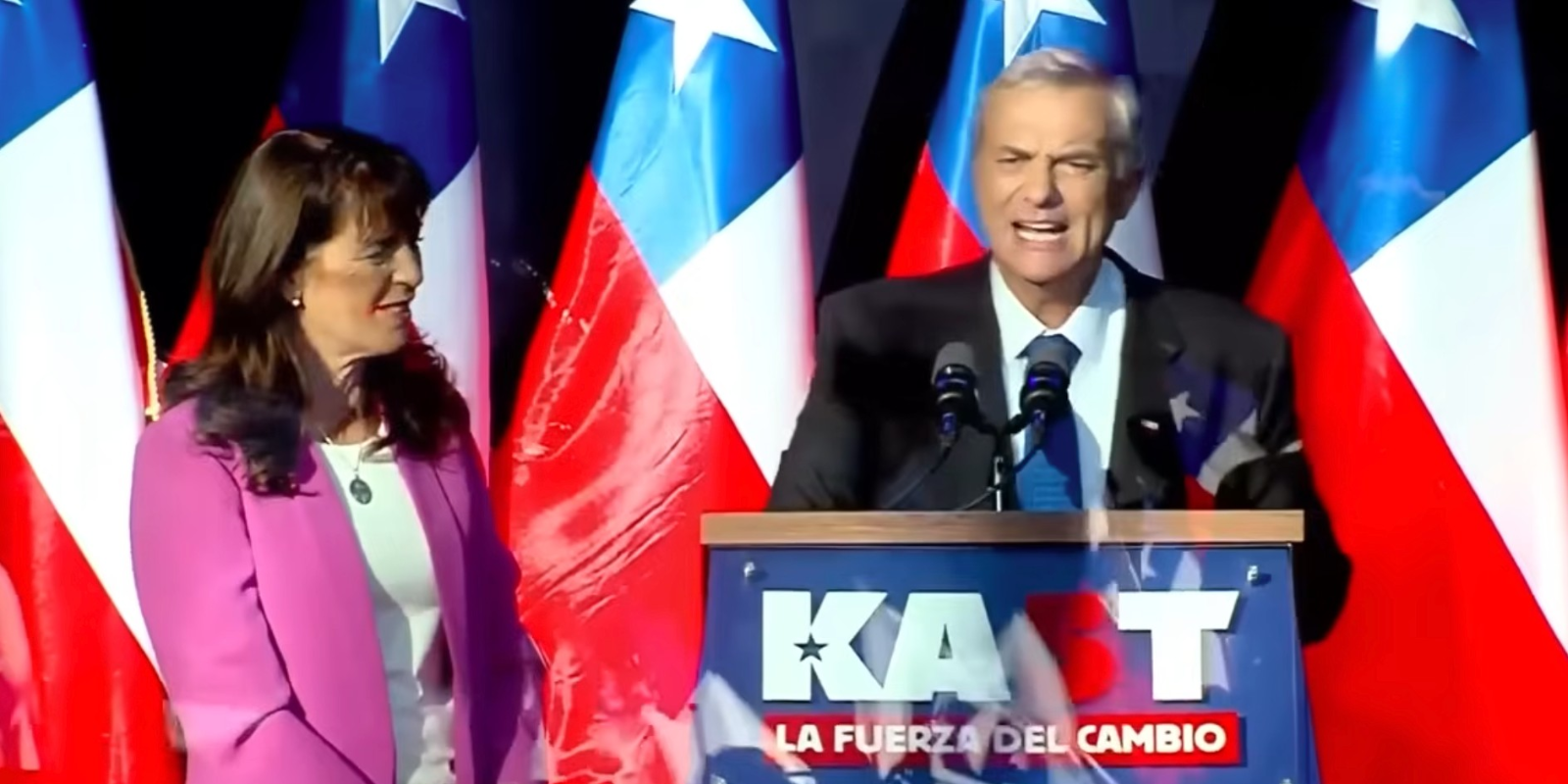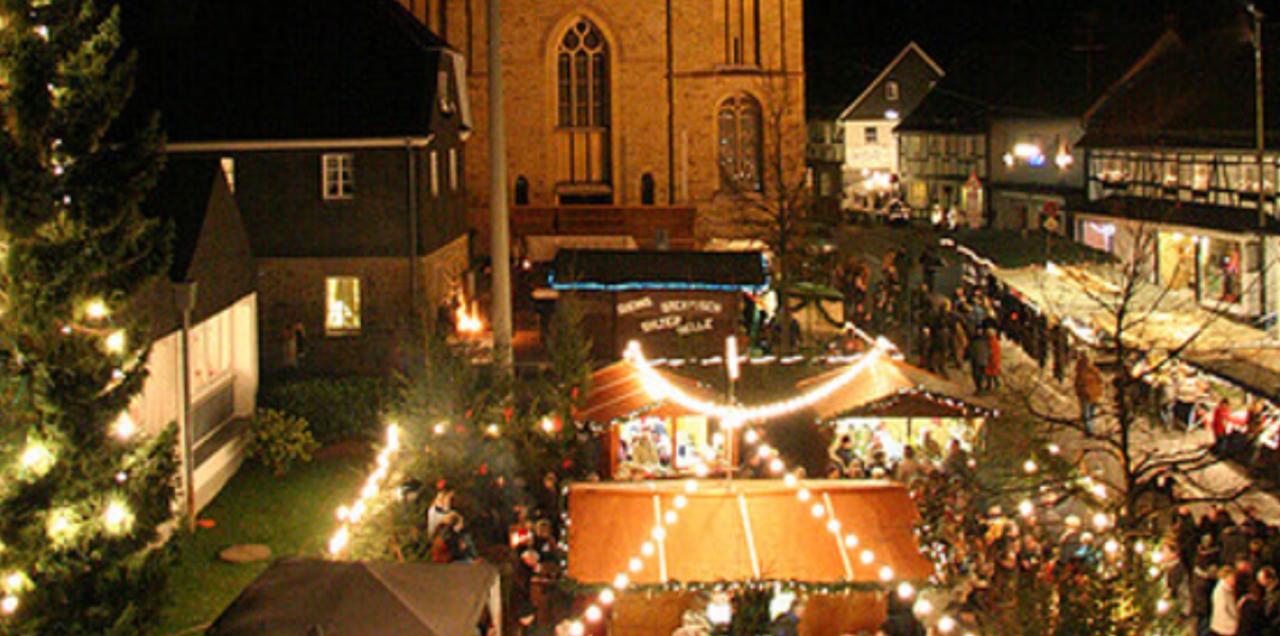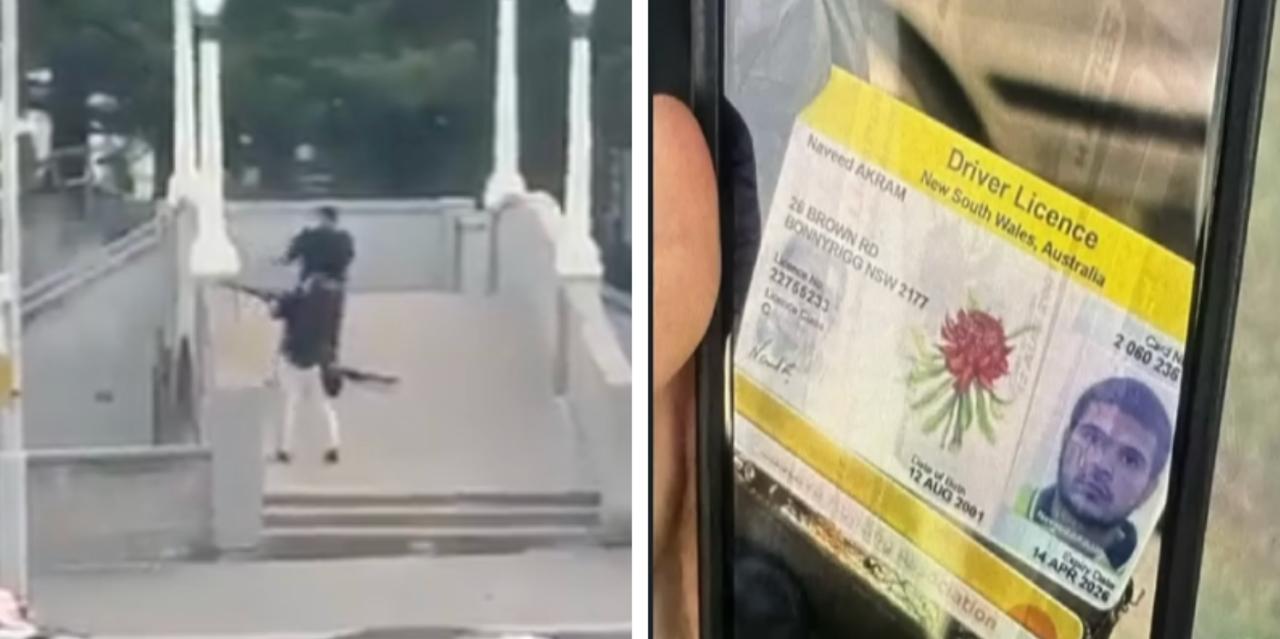Just as the Soviet’s wall imprisoned East Germans for four decades, the Polisario Front - a quasi-nationalist guerilla movement in the Western Sahara - is imprisoning Moroccan refugees in camps where they are denied food, shelter and medical attention.
Several refugees who escaped the Polisarian camps came to HUMAN EVENTS last week to explain their plight.
An emotional Brahim Al Selem, a former Polisarian police officer told us how he had forced people into the camps, separating families: “Sometimes you saw how mothers and sisters cried and begged us not to take them but we had orders and they were sometimes bad.”
Their voices are quiet but their message is loud: rescue our people. The six Sahrawi refugees wearing traditional Moroccan clothing - the women with headscarves, patterned dresses and intense eye makeup - are desperate for the international community to comprehend their plight against the Algerian-based independence movement.
They don’t seek American military intervention. What they do want is for the United States to drive the UN’s Human Rights Commission (long dominated by terrorist regimes and other dictatorships) to take action against the Polisario Front to force it to open the camps. A faint hope, at best.
The Polisario Font opposes Morocco’s historical claim over the Western Sahara territory. The were formed in 1975, when the Spanish occupation of the region departed, and have held tens of thousands of Sahrawi tribe members hostage in refugee camps for the past 30 years.
Those refugees in Washington DC last week escaped the dictatorship and entered America to expose the brutality of life in the Polisarian camps. Their lives were made intolerable because almost all humanitarian aid is regularly smuggled directly out of the camps to be sold on the black market in neighboring Mauritania.
Their only hope - absent international action - is to risk escape from the camps.
Naha al-Salek Sidi, 27, was born in the camp and lived there until January 2008 when she was able to escape with her two children to Morocco through a UN sponsored family visit program. The family program allows some Sawhari members to leave - with the intention of returning after a short period of time. Of the few who leave, many never come back.
Sidi, because of a bad vaccination she received as a child, is handicapped and must use a wheelchair. After escaping through the family visit program, she is free to expose the atrocities afforded handicapped individuals in the camps.
“Handicap people have no rights whatsoever,” she said. “The Polisario used our handicap to ask for more aid…The NGOs [non-governmental relief organizations] that were providing us with medical supplies and trying to understand why we were not getting this aid…” In simplest terms, the Polisario guerillas steal the aid meant for those in the camps.
Sidi said the Polisario mock freedom and she hopes that by visiting the United States, a solution to the suffering can be found. Her husband, brothers and other families still reside in the camps.
The Polisario do not allow an entire family to leave in the family visit program because they know many women will not leave their children or families behind for long.
“The are holding families back as hostage,” said Robert Holley, executive director of the Moroccan-American Center for Policy (MACP).
Naba Deddah El Meki escaped the camps with three of her children, leaving two children and her husband behind. After living in the camps herself for 33 years and working for the Polisario in aid distribution, El Meki testified to seeing “with my own eyes” how the aid was stored in houses waiting to be sold on the black market.
The Polisario formerly claimed that they housed 150,000 refugees in order to increase the aid supplies and money received from international organizations. But because they refuse to allow a census to be taken, no one realized how inflated that population number was. They lied to inflate the numbers because the more aid meant for the greater number of refugees means more they can sell on the black market.
Due to the extreme heat in the Sahara, El Meki said people constantly suffer from heat exhaustion and lack of food. Her mother and sisters still reside in the camps, where “life is very hard.”
The Polisario Front is sponsored by Algeria, Cuba, Venezuela and South Africa, according to Holley , who said that the relationship between the Polisario leadership and Fidel Castro is “tight.” Sometimes Sahrawi children are ripped from their families and sent to the “Island of Youth” in Cuba to be indoctrinated for 10-15 years with Marxist ideology. Parents are told they are getting an “education” but the children return to the region brainwashed to continue the Polisarian enslavement.
If residents are caught trying to leave the camps, they are imprisoned.
Salma Essalek and Said Abderahman, married and expecting a baby, took the quickest and most dangerous route to Morocco when they escaped in the middle of the night to cross the desert minefields to evade capture. Close to their destination, Polisarian police ordered them back but they were saved by Moroccan soldiers just over the border.
“They tried to take us back to the camps and we told them no - we are not going back - we’d rather go through the minefields than go back to the camps,” Abderahman told me.
He said they received a “warm welcome” in Morocco and his wife was given a medical check-up immediately.
“Now we are in Morocco and enjoying our freedom; freedom of shelter, we have house, whatever we hoped for,” he said. “Now we are taking classes to have a better future with jobs…and I want emphasize again our decision to escape was a very difficult one and we took a risk.”
Morocco is attempting regain control of the Polisario-dominated area by implementing “full autonomy under Moroccan sovereignty,” according to the MACP.
The UN Security Council may now act more forcefully as well. For 10 years, Morocco and the Polisario have worked under UN supervision to try and find a compromise or a solution to their differences.
Holley said the Polisario - with the backing of Algeria - want nothing but a vote for independence for the territory but Morocco disagrees on who should be allowed to vote on this referendum.
When the UN Security Council reviewed the mandate for a peacekeeping mission offered by Morocco by a vote of 15-0, they encouraged the Polisario to bargain accordingly. The Moroccan proposal was also backed by the U.S. government.
The MACP, refugees and their families are gaining hope as this proposal moves forward. After being turned away from a human rights organization, which Holley said told them that “this thievery of the aid destined to them and their children is not any of our concern.”
Holley also expressed disappointment that the US Department of State brushed off the refugees’ plea for assistance. He said State shrugged off the plea because much humanitarian aid is stolen around the world on a regular basis. Holley noted, though, that in the case of the Polisarian refugees, 80% or more of the aid was going to the black market and the world has a responsibility to help - and get the word out about this inhumanity.
Now headed toward a fifth round of negotiations since Morocco’s proposal, the Polisario are putting up a fight, though America is adamant in supporting the effort.
“We believe the Moroccan proposal to provide real autonomy for the Western Sahara provides a serious and credible option, and we hope that the Polisario will engage in discussions on this proposal as a realistic starting point that could lead toward the resolution of the dispute,” said Tom Casey, US Department Deputy Spokesperson.
Brahim Al Selem was arrested before his escape, for speaking out against the Polisario. Having worked in law enforcement, he witnessed trucks full of international aid being smuggled outside the camps across the border loaded with food supplies and medical equipment. He said he was instructed by the hierarchy to let these trucks pass without inspection.
“This is like something similar to Mafia work so I got very sensitive about it knowing that my family is starving and food is being smuggled out,” he said.
Al Selem said he was forced to arrest those who refused to join the Polisarian military and take them to military training camps against their will. He was witness, as well, to a prison blocked out specifically for unwed mothers - many whom became pregnant through rape.
“The conditions of the detentions in this jail were very bad,” he said. “Most of them - they prefer to die than to exist…”
The intolerable living conditions compounded by a lack of basic human needs like food, adequate shelter and medical assistance, is a crisis that requires the immediate attention any democratic government that can help.
Holley said they hope the US will put pressure on the UN - UNHCR and the World Food Program - to establish a system to allow people to leave the camps if they choose. Taking a census to document the population and implementing the recommendations of their inspector generals about controlling the security of the food supplies are the next steps.
Two 2005 reports document 30 years worth of fraud and abuse in the program and the recommendations within those reports could begin to help remedy the situation.
“People who are in the camps…are not free to leave the camps and go to back to Morocco,” said Holley. “They are being held there…and the assistance being provided by the international community for refugees is being stolen wholesale by the Polisario leadership and sold on the black market.”
America cannot police the world. And it is probably too much to expect that the UN will do anything to right these wrongs. Its record on this - and so much else - gives us no reason to be confident.





